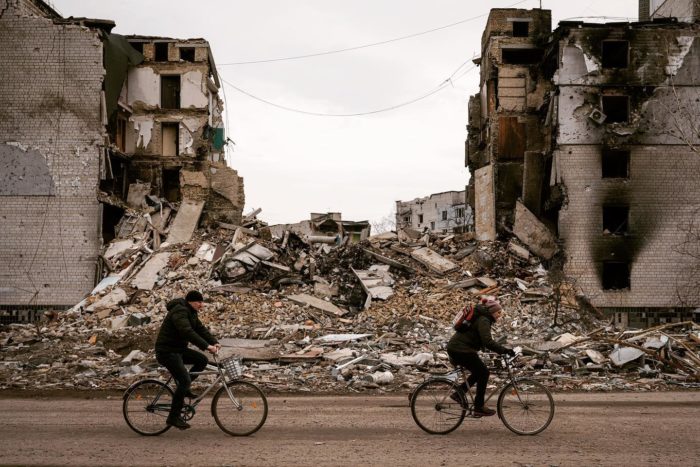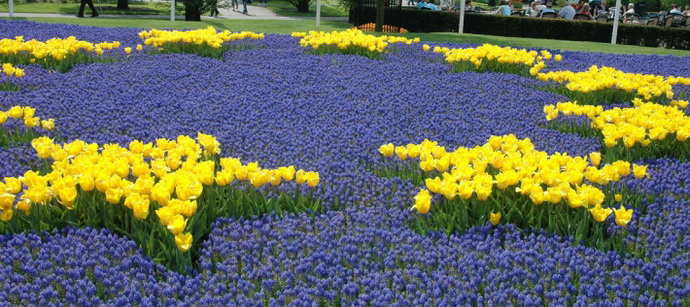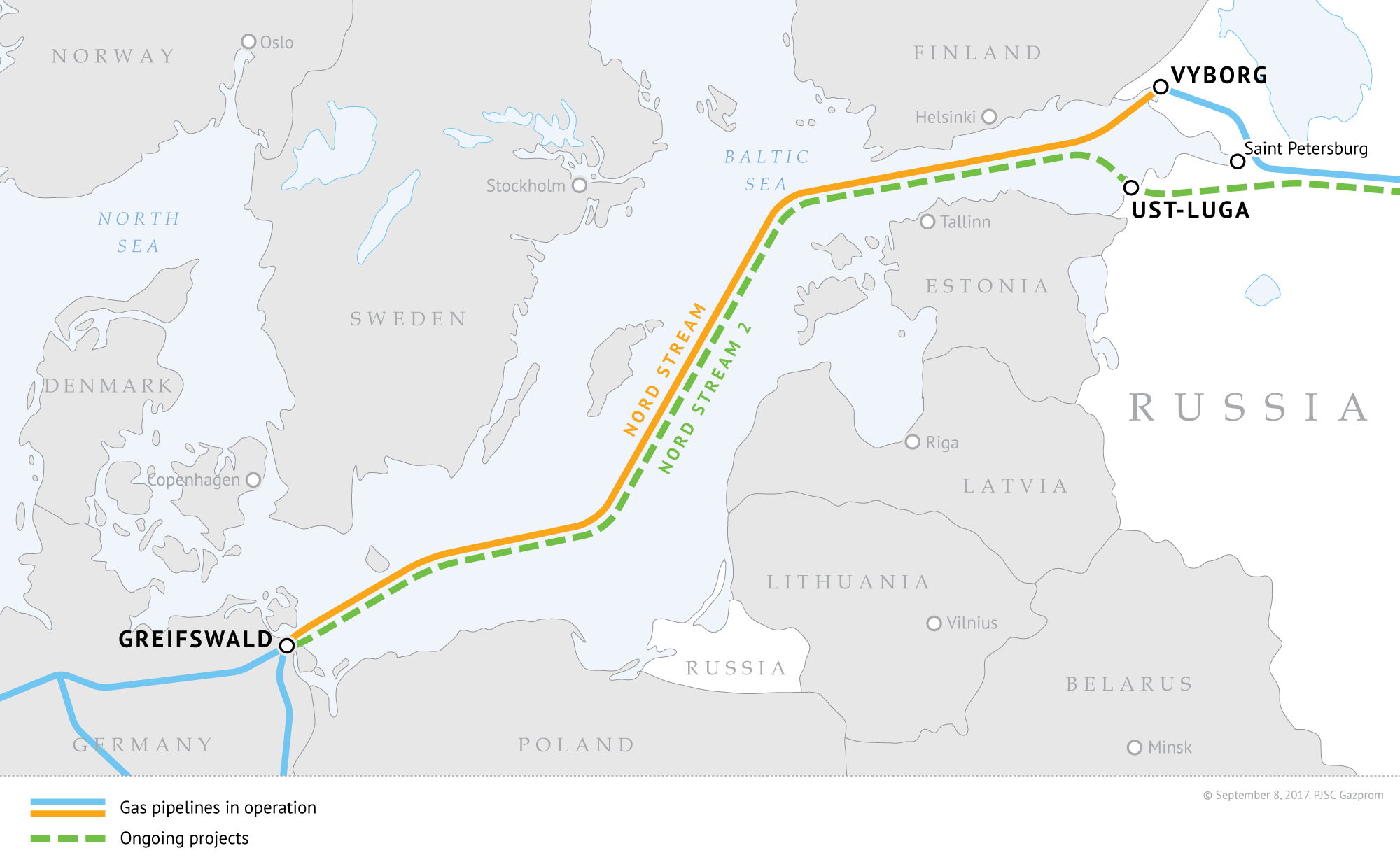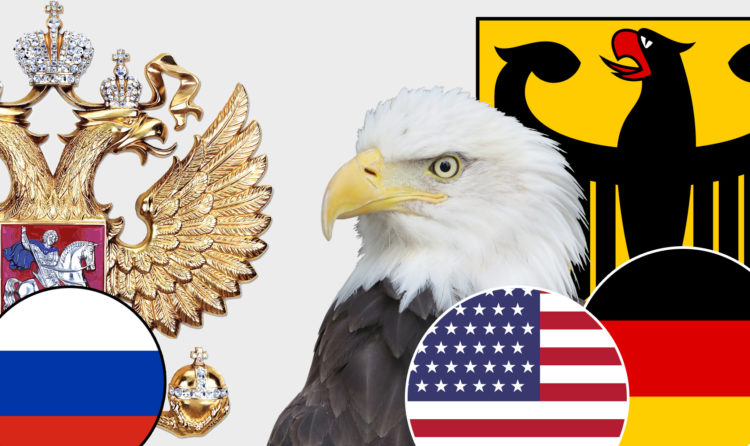"The death of these people will leave a gaping wound in our souls, in our culture, science, economy, industry and society. This is not a metaphor; I don’t know of any poetry that can heal this wound," Ukrainian poetess Halyna Kruk says. Art, and especially poetry and literature, cannot be above war, she said, and literati have a moral obligation to speak out.
On 18 June, during the opening of the Berlin Poetry Festival, award-winning Ukrainian poet Halyna Kruk made a powerful speech about the Russian-Ukrainian war "War is not a metaphor!". It was translated from Ukrainian into German and published in the German newspaper Die Zeit. Here we give you the English version, a heartfelt and pointed explanation of poetry and literature in times of war.
- In June 2014, while I was giving a talk at a literary meeting in benevolent old Europe, columns of Russian tanks were rolling into Ukraine’s Donetsk and Luhansk Oblasts. Back then, I underlined how difficult it was for us, Ukrainians, to talk about poetry in such circumstances. In the blink of an eye, the moderator, a 30-year-old Russophile from Berlin, began lecturing me on the status of poetry, that poetry should be above war, that the great Russian culture has always been above war, that great Russian poets, such as Marina Tsvetaeva, Anna Akhmatova or Boris Pasternak never stooped so low as to write about such overhyped topics as war. On the contrary, they looked into eternity; they stood above the mundane. And what did Russia have to do with all this anyway?
For eight long years we’ve been trying to make ourselves heard: Hey, we’re at war! Part of our country is occupied! Ukrainians are being killed every day!
But, we were treated like foolish little children. They scolded us and advised us not to shoot back. They told us to be wiser, stand above it all, and the war would stop. During these same eight years, Russia was increasing its military potential and getting ready for a full-scale invasion. In the meantime, Russian poets continued to gaze stubbornly into eternity, oblivious of the fact that their country was nurturing old narratives of imperial grandeur and becoming an authoritarian state with an imitation democratic regime. Russians who felt uncomfortable left their country, but continued to present Russian culture as the official façade of Russia.
I realize that you won’t like what I have to say. Most of you have been raised on the best of Russian culture. You may not even believe my words, just as the residents of Borodianka, Hostomel and Bucha near Kyiv did not believe that Russians had come to kill them - ordinary unarmed civilians - for no reason… regardless of whether they were men, women, children or elderly. Kill, rape and crush with tanks.
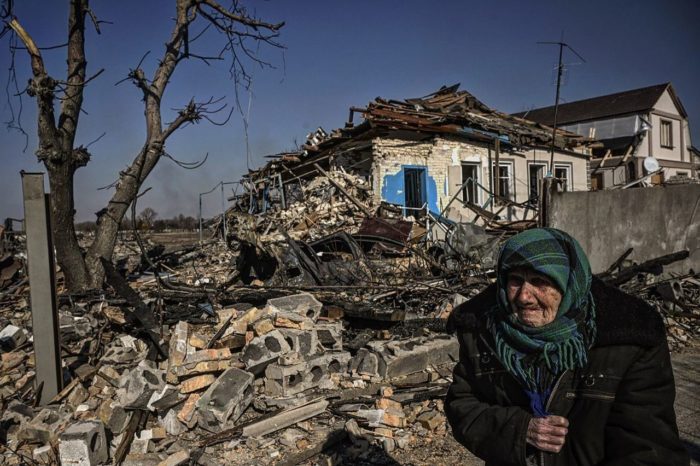
I don’t know of any metaphors that can make my words more appealing or less shocking. Metaphors don’t work against men with machine-guns. No poetry can protect you when a tank hits your car and crushes you and your family. There’s no place for poetry when you can’t approach the destroyed basement of a high-rise… but you can hear your children and grandchildren screaming from under the rubble, and you can do nothing to help them. This is a very powerful story indeed. European authors could probably write a book about this and cement their place “in eternity”. But, anyone who has lived through this will not write such a book. Because he or she will have neither the will nor strength to explain their pain to others.
War creates a chasm between those who have lived through it and those who are far away. With each day of this war, it gets harder and harder to explain to the outside world what we feel here, on the inside. In truth, I don’t feel like explaining anymore. We speak an unintelligible language, where there’s no room for poetry. It’s difficult to be above war when you have a husband fighting on the front lines, when some members of your family are suffering in occupied Kherson Oblast, when others are under constant shelling in Kharkiv Oblast, when you have to heed the air raid alerts, because they may be followed by planes and missiles that kill and maim. Poetry then takes on a different form – a spontaneous prayer, a terse testimony, a lament or a curse upon the enemy. The modern European literary community isn’t used to such forms of poetry. They are more functional and ceremonial, expressing basic emotions, extremely subjective, dramatic and intolerant. It’s hard to be tolerant of an enemy who attempts to kill you and your children, because as soon as he’s done with them, he moves on to the next. I don’t think anyone would be able to ignore and stand above that.
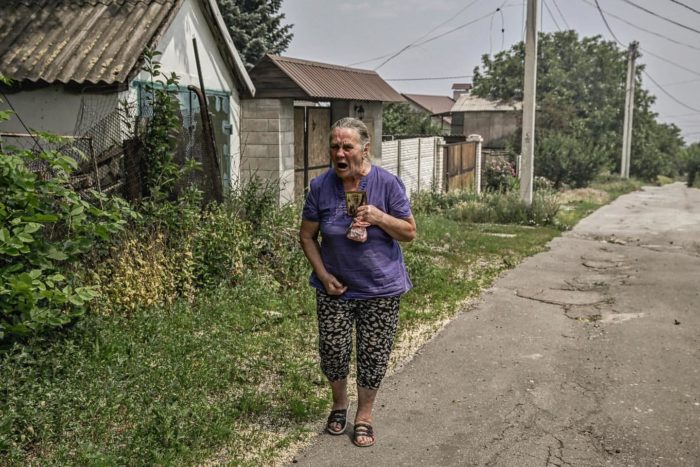
Today, one-fifth of my country is occupied. I’m sorry that this is not a metaphor. People living in the occupied territories are being killed, terrorized, deported to filtration camps in Russia; parents and children are separated and denationalized. No poetry has words for this.
As I scroll through my Facebook news feed, I see photos of such beautiful people - men and women, parents and children - all killed by Russia. This is not a metaphor. Facebook blocks or deletes these photos as “sensitive content” that might upset users.
But, these people weren’t born to die in a war. They didn’t get a university degree or work in an interesting job to die in a war. They didn’t hone their talents and skills to die in a war. The death of these people will leave a gaping wound in our souls, in our culture, science, economy, industry and society. This is not a metaphor.
I don’t know of any poetry that can heal this wound. This war is killing us, each of us in a different way, although we may look whole and unharmed on the outside. Today, we move through life in short sprints even if it’s in an open space. We shudder and jump when there’s a loud noise; our children have been sitting in basements and bomb shelters for so long that they don’t cry anymore. They are very young, and yet they understand that crying can cost them their life. This is not a metaphor either.
War makes everything so crystal clear that there’s no room for poetry. Only for testimonies.
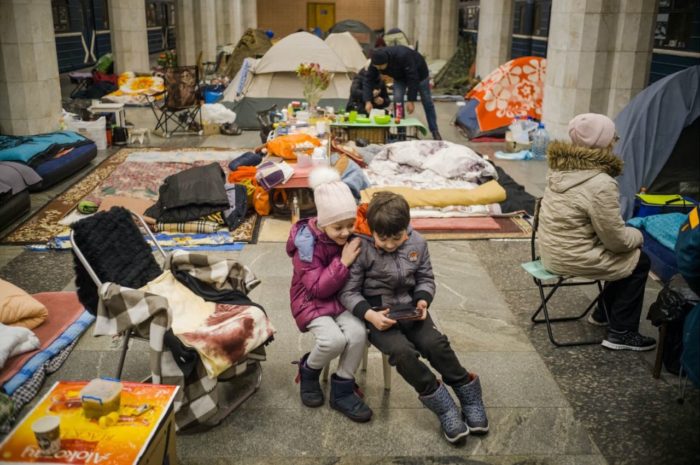
And yet, who is currently writing beautiful and profound poetry for eternity about this war? Our Russian colleagues, of course. They’re in a safe place, in exile, not under fire, pursuing their creative passion, far removed from the filth and horror of reality. Nothing stops them from concentrating on their creative process - no sirens, no shelling and no occupier with a tank or a machine gun.
It’s a pity that poetry cannot kill.
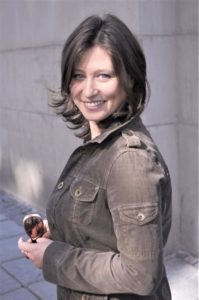
Halyna Kruk is a Ukrainian writer, poet, translator, educator and literary scholar. She graduated from the Ivan Franko National University in Lviv specializing in Medieval Philology.
On 28 June, Halyna will be part of the Ukrainian-Danish Youth House presentation at Roskilde Festival
(FLOKKR stage).
On 29 June, she will appear as a guest of the Poets Section of the Danish Writers Association.
Halyna’s visit is organized by World Wide Words in collaboration with and with the support of the Ukrainian-Danish Youth House, Roskilde Festival, Dansk Kulturinstitut / Danish Cultural Institute, Dansk PEN
/Danish PEN and the Poets Section of the Danish Writers Association/Lyrikergruppen i Dansk Forfatterforening.
Link to the event with Halyna Kruk at the Danish Writers Association: https://www.facebook.com/events/411367480901371/
Read more:
- Russian soldiers gang rape Ukrainian women, including little girls: witnesses of rape survivors
- “They were shot in the back of the head.” Eyewitness account of Russian murder of Bucha residents
- Ukrainian women POWs stand proud with shaven heads after prisoner swap with Russia
- All surveys since start of Ukrainian war show Putin’s standing among Russians up
- Putin’s Big Lie: the “Donbas genocide” and “impending Ukrainian attack”
- Putin’s ‘Z’ symbol echoes Hitler’s swastika in pointing to a final ‘solution’ to ‘Ukrainian question’
- War diary: “Terrified of what He saw, God has left Mariupol, my neighbor said
- Russian ideology: imperialism, militarism, and racism

